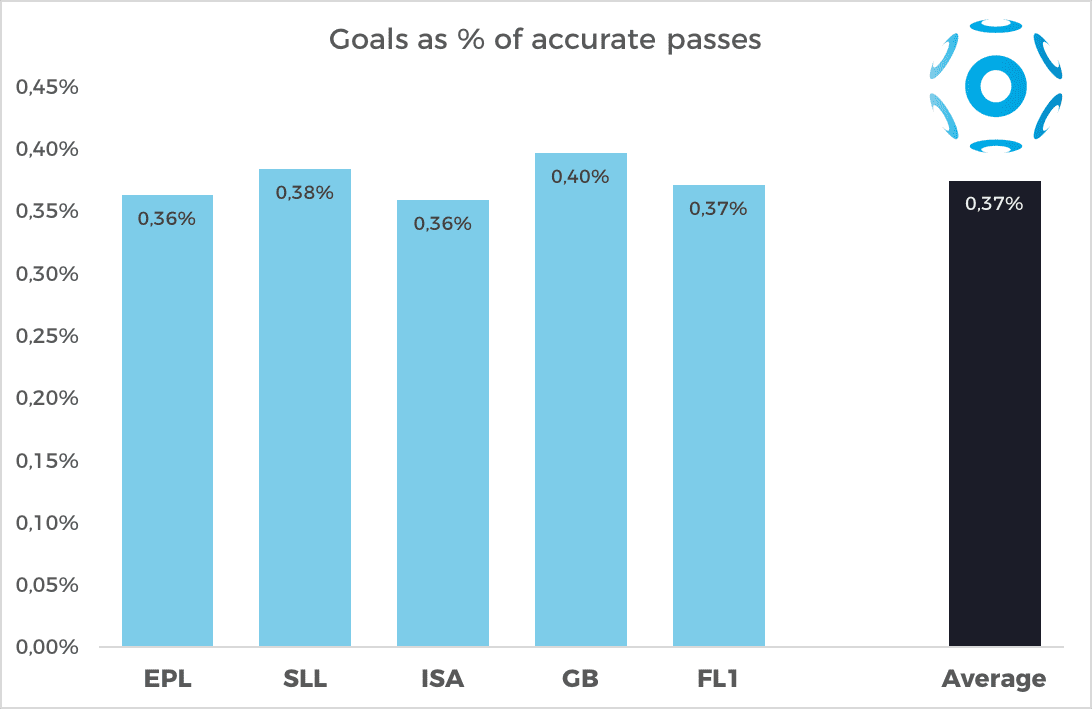
Beyond the Pitch: The Global Tapestry of UEFA Champions League Fan Stories
The UEFA Champions League isn’t just a football tournament; it’s a pulsating, global phenomenon that transcends borders, cultures, and languages. Every year, as the iconic anthem swells, it ignites a unique blend of anticipation, hope, and fervent passion in the hearts of millions. From the bustling metropolises of Europe to the remote villages of Africa, from the early morning hours in Asia to the late-night gatherings in the Americas, the UCL crafts a shared narrative of triumph and despair, community and identity. This article delves into the rich, diverse, and often deeply personal fan stories that collectively weave the global tapestry of the UEFA Champions League.
The Universal Language of Football: A Shared Passion
What makes the Champions League so universally captivating? It’s the pinnacle of club football, a stage where the greatest talents clash, where history is made, and where the stakes are astronomically high. It offers a level of drama, skill, and unpredictability that few other sporting events can match. But beyond the athletic spectacle, it’s the raw, unadulterated emotion it elicits that truly connects people. Whether you’re a lifelong supporter of Real Madrid, a recent convert to Manchester City, or simply a neutral admirer of beautiful football, the UCL speaks a universal language understood by all who appreciate the beautiful game.
This shared passion manifests in countless ways. It’s the ritual of donning a specific jersey, the nervous energy that builds hours before kickoff, the collective gasp at a missed chance, and the explosive roar of celebration that erupts across continents. It’s a temporary escape from daily life, a chance to immerse oneself in a world where anything seems possible, and where the collective destiny of a team is momentarily intertwined with one’s own hopes and dreams.
Europe: The Heartbeat of the Competition
In Europe, the Champions League is more than just a competition; it’s an ingrained part of the cultural fabric. For fans in cities like Madrid, Barcelona, London, Munich, and Milan, supporting their club in the UCL is a birthright, a generational legacy. The journey to the stadium on a Champions League night is a pilgrimage, filled with chants, flag-waving, and the intoxicating scent of anticipation.
Take Maria, a 65-year-old grandmother from Naples, who has supported Napoli her entire life. For decades, the Champions League was a distant dream, then a fleeting appearance. But when Napoli truly shone on the European stage, Maria’s living room transformed into a shrine. Her children and grandchildren gathered, wearing their blue shirts, their voices hoarse from screaming. "It’s not just a game," she explains, tears welling up after a dramatic win. "It’s our city, our identity, our pride on the biggest stage. We waited so long for this." Her story echoes across the continent, from a German fan club meticulously planning away trips to a young Parisian dreaming of seeing his heroes lift the trophy. The proximity to the action, the fierce rivalries, and the deep historical roots make the European fan experience intensely personal and deeply communal. Pubs overflow, town squares become open-air viewing parties, and the rhythm of life often revolves around the midweek fixtures.
Asia: The Early Risers and Dedicated Communities
Thousands of miles away, the passion for the Champions League burns just as brightly, albeit with different challenges. For fans in Asia, time zones dictate a unique viewing experience. Imagine a group of friends in Singapore waking up at 3 AM to catch a late-night kick-off, their faces illuminated by the glow of a TV screen, whispering excitements to avoid waking their families. Or a dedicated fan club in Mumbai gathering at a designated cafe, eyes glued to the screen as the sun begins to rise, their collective cheers and groans echoing through the quiet streets.
Minh, a 28-year-old software engineer in Vietnam, describes his routine: "Every Tuesday and Wednesday night, it’s a battle against sleep. But the moment the anthem plays, the tiredness vanishes. We chat online with friends from other countries, sharing live reactions. It feels like we’re all connected, even though we’re thousands of miles away and hours apart." These Asian fan communities often create vibrant online spaces, sharing memes, analyses, and endless banter, making up for the geographical distance with digital closeness. Their dedication is a testament to the league’s magnetic pull, proving that neither distance nor inconvenient timings can dim true passion.
The Americas: Bridging the Cultural Divide
In the Americas, the Champions League holds a special place, often complementing strong indigenous football cultures (especially in South America) or growing alongside dominant local sports (in North America). In Brazil, a nation synonymous with football, the UCL offers a different kind of glamour than the Libertadores, with its European flair and star power. Fans like Ricardo from Rio de Janeiro might be fiercely loyal to his local club, but he follows the UCL with equal intensity, marveling at the tactical sophistication and the sheer quality on display. "It’s another level," he says, "the best of the best. We learn so much, and we dream of seeing our players from Brazil shining there."
In North America, particularly the USA and Canada, the Champions League has steadily gained traction, drawing in new generations of football fans. Sports bars in major cities like New York, Los Angeles, and Toronto now routinely pack out for Champions League nights. Sarah, a university student in Toronto, explains her journey: "I grew up with hockey and basketball, but a friend showed me a UCL game a few years ago, and I was hooked. The drama, the rivalries, the incredible skill – it’s addictive. Now, my friends and I plan our weeks around the fixtures." These new fans, often without traditional club allegiances, are drawn to the spectacle, the narratives, and the sheer quality of the football, finding a new sporting identity in the global game.
Africa and the Middle East: Resourcefulness and Community Spirit
Across Africa and the Middle East, the Champions League often symbolizes hope, aspiration, and a profound sense of community. In many parts of Africa, where access to high-speed internet or dedicated sports channels might be limited, fans demonstrate incredible resourcefulness. Communal viewing centers, often makeshift setups with a single television powered by a generator, become vibrant hubs of excitement. Children gather around, their faces alight with wonder, dreaming of one day emulating their heroes.
Ahmed, a young man from a small village in Nigeria, recounts: "We pool our money to pay for the generator fuel. On Champions League nights, everyone comes. We cheer together, we sing, we argue, and for those 90 minutes, all our problems fade away. It’s pure joy. It connects us to the world." The cheers from these humble gatherings are just as loud and heartfelt as those from the grandest stadiums.
In the Middle East, particularly in countries like the UAE and Saudi Arabia, the Champions League is followed with immense passion, fueled by significant investment in football and a deep love for the sport. Lavish sports cafes buzz with energy, showcasing multiple screens and offering shisha and local delicacies. The atmosphere is electric, especially during matches involving clubs with strong regional fan bases, or those featuring star players from Arab nations. For many, it’s a social occasion, a chance to gather with friends and family, and collectively ride the emotional waves of the game.
The Rituals and Emotional Rollercoaster
Regardless of geography, certain rituals bind UCL fans together. There’s the pre-match analysis, the nervous checking of lineups, the communal sigh of relief when the whistle blows. During the game, it’s a symphony of emotions: the collective groan at a missed opportunity, the sudden intake of breath during a dangerous attack, the explosion of joy at a goal, and the agonizing silence during a VAR check. Penalties, in particular, elevate the tension to unbearable levels, uniting fans in a shared moment of agony or ecstasy.
Then there are the iconic moments that become etched in collective memory: Steven Gerrard’s improbable comeback in Istanbul, Ole Gunnar Solskjaer’s last-gasp winner in Barcelona, Lionel Messi’s dazzling solo runs, Cristiano Ronaldo’s aerial prowess, and countless other feats of brilliance or resilience. These moments are not just highlights; they are shared experiences that forge bonds, evoke powerful memories, and become stories retold for generations. They are the currency of fan folklore, debated and celebrated in every corner of the globe.
The Unifying Power of the UCL
The UEFA Champions League, at its heart, is a testament to the unifying power of sport. It creates a temporary common ground where differences fade, and shared humanity comes to the fore. It’s a platform for dreams, for collective celebrations, and for the catharsis of shared heartbreak. From the grandeur of the Santiago Bernabéu to a humble cafe in Jakarta, from the bustling streets of London to a quiet living room in rural Brazil, the passion for the Champions League is a powerful, undeniable force.
As the final whistle blows on another season, and the confetti falls on the victorious team, the stories of fans around the world continue to be written. They are stories of dedication, community, resilience, and unwavering love for the beautiful game. The Champions League isn’t just about who lifts the trophy; it’s about the millions of lives it touches, the countless memories it creates, and the enduring human connection it fosters, proving that football truly is the world’s most beloved language.



